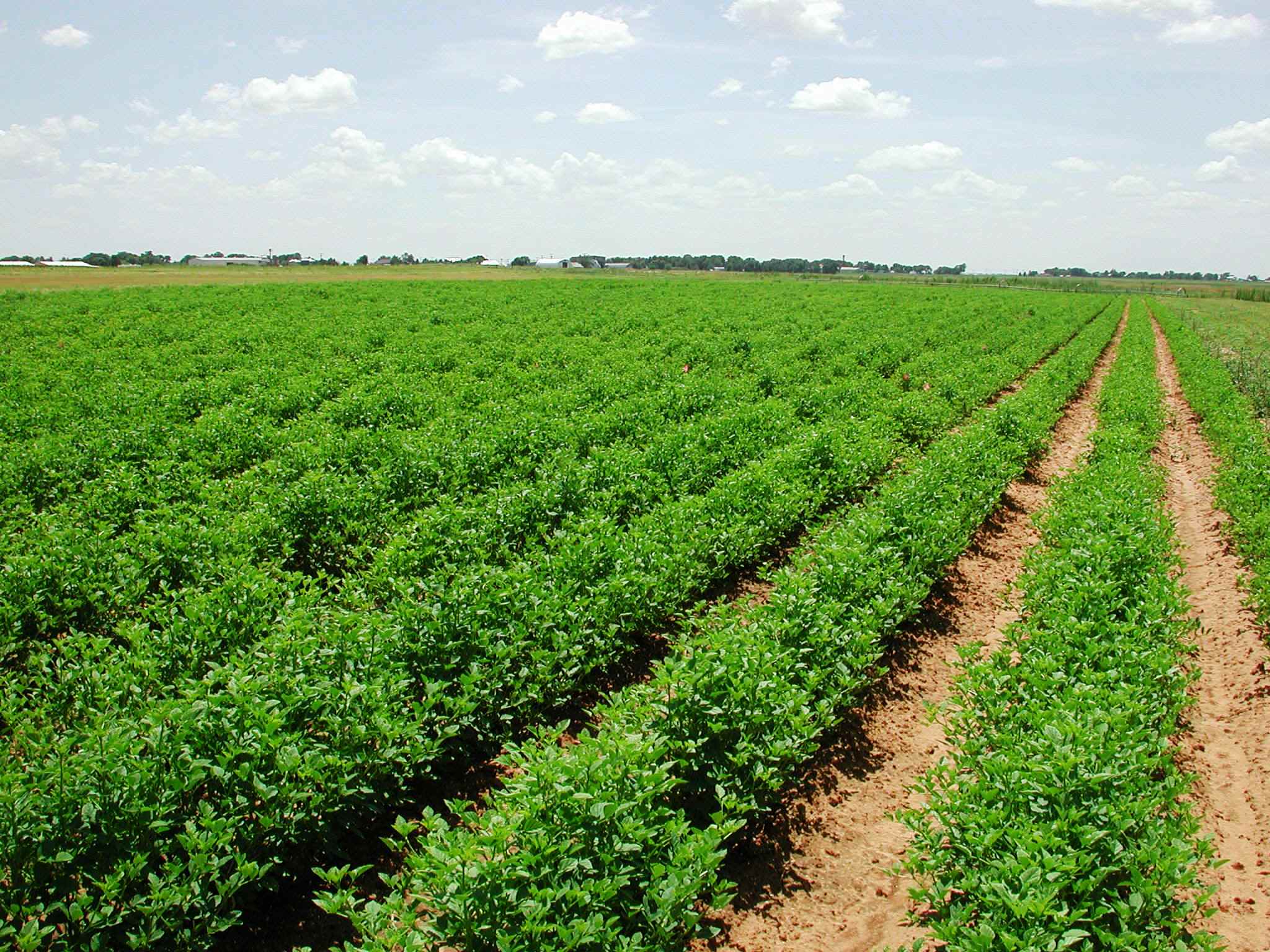
|
Getting your Trinity Audio player ready...
|
Call for Community-Level Adaptation Strategies to Address Climate Change
KARACHI:
Experts at the 1st International Conference on Agriculture Development & Women Empowerment & Way Forward (ICADWE-2025), organized by the Sindh Agriculture University (SAU) in Tandojam, emphasized the critical need for public-private partnerships to enhance food security in Pakistan. They advocated for reducing reliance on imports, boosting local food production, and implementing sustainable agricultural practices to combat the dual challenges of climate change and malnutrition.
H1: Enhancing National Food Security through Public-Private Collaborations
H2: Developing Sustainable Crop Varieties
During the conference, experts outlined the need for developing climate-resilient and nutrient-enriched crop varieties. Such innovations can strengthen food security and address dietary deficiencies. They urged stakeholders to invest in predictive modeling and data-driven solutions to identify public health challenges, such as severe acute malnutrition (SAM).
H2: Nutrient-Rich Food Innovations
The recommendations also focused on promoting alternative nutrient-rich products. Solutions like mushroom-fortified biscuits and protein alternatives were highlighted as viable approaches to counter malnutrition, particularly among vulnerable populations.
H2: Sustainable Farming and Technology Integration
To secure food independence, the experts advocated for adopting climate-smart agricultural practices. These include:
- Sustainable water management strategies.
- Use of renewable energy technologies, such as photocatalytic fuel cells, for sustainable energy generation and water treatment.
- Advanced training programs for farmers on resilient crop varieties.
H1: Climate Resilience in Agriculture
H2: Research and Training for Climate-Smart Agriculture
Speakers like Dr. Inayatullah Rajper and Engineer Mansoor Rizvi called for extensive training programs on sustainable farming techniques. They stressed the importance of encouraging the adoption of climate-resilient crops to mitigate yield losses due to changing weather patterns.
H2: Community-Level Adaptation Strategies
Experts, including Anne Klervimarie Cherriere from the FAO, emphasized the significance of empowering communities. Localized adaptation strategies were presented as essential tools for mitigating the effects of climate change on food security.
H1: Empowering Women in Agriculture
H2: The Role of Rural Women in Sustainable Livestock Management
Empowering rural women through targeted training programs in livestock management emerged as a pivotal theme. The experts proposed:
- Resource allocation for women-led livestock projects.
- Expanding access to veterinary services and market linkages.
- Promoting integrated pest management (IPM) strategies using biological agents like Scelio wasps for sustainable pest control.
H2: Gender-Sensitive Agricultural Development
Sustainable Agriculture Expert Dr. Muhammad Ismail Kumbhar highlighted the need for gender-sensitive research to address challenges faced by women farmers. He called for initiatives like the Better Cotton Initiative (BCI) to provide training and support for women in agriculture, thereby enhancing their economic contributions.
H1: Sustainable Crop Nutrition and Pest Management
H2: Biofortified Crops for Addressing Dietary Deficiencies
The development of biofortified crops was a key focus. Government think tanks were urged to invest in crop breeding and genetic improvements to produce high-yielding and nutrient-enriched varieties.
H2: Environmentally Friendly Packaging
Promoting sustainable packaging solutions, such as starch-based biodegradable films, was proposed to minimize environmental impacts while supporting agricultural growth.
H1: Social Recognition of Women’s Contributions
SAU Vice-Chancellor Dr. Altaf Ali Siyal stressed the essential role of women in national development. Highlighting their contributions to farming and economic activities, he called for expanding training programs tailored to empower women in both rural and urban settings.
H2: Government Initiatives for Women Empowerment
Dr. Siyal lauded ongoing government efforts and urged academic institutions and communities to collaborate on women-focused programs. He emphasized the untapped potential of agriculture in transforming the lives of women.
FAQs
Q1. What are public-private partnerships in agriculture?
Public-private partnerships involve collaboration between government bodies and private sector entities to develop sustainable agricultural solutions, improve food production, and enhance food security.
Q2. How can climate change affect food security?
Climate change can lead to unpredictable weather patterns, reduced crop yields, and increased food production costs, directly impacting food availability and affordability.
Q3. What are biofortified crops?
Biofortified crops are genetically improved to enhance their nutritional content, addressing dietary deficiencies and improving public health.
Q4. How can women be empowered in agriculture?
Empowering women in agriculture can be achieved through training, resource allocation, market access, and gender-sensitive policies that address their specific challenges.
Q5. What are integrated pest management (IPM) strategies?
IPM strategies involve using biological control agents and environmentally friendly methods to manage pests sustainably and minimize chemical usage






